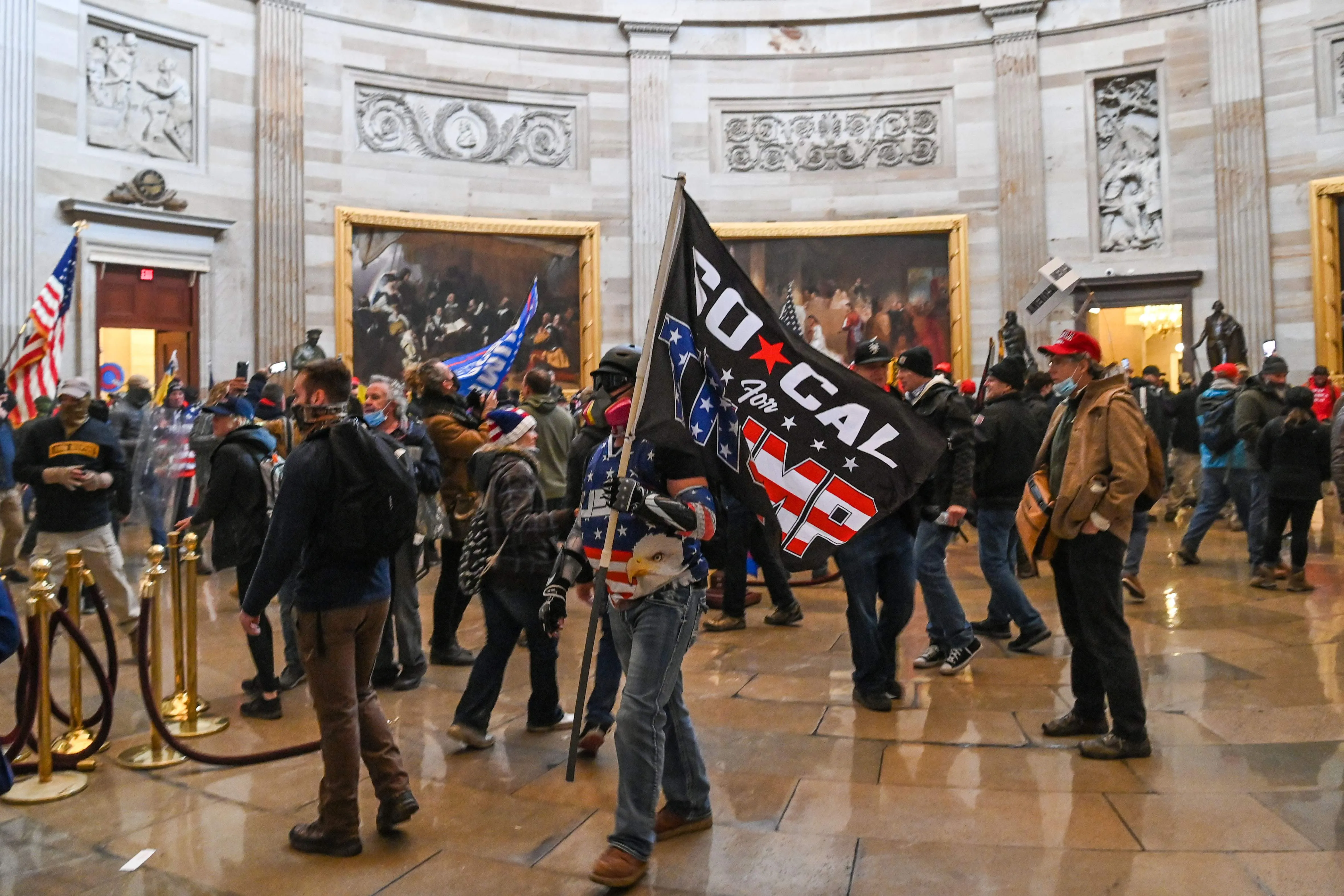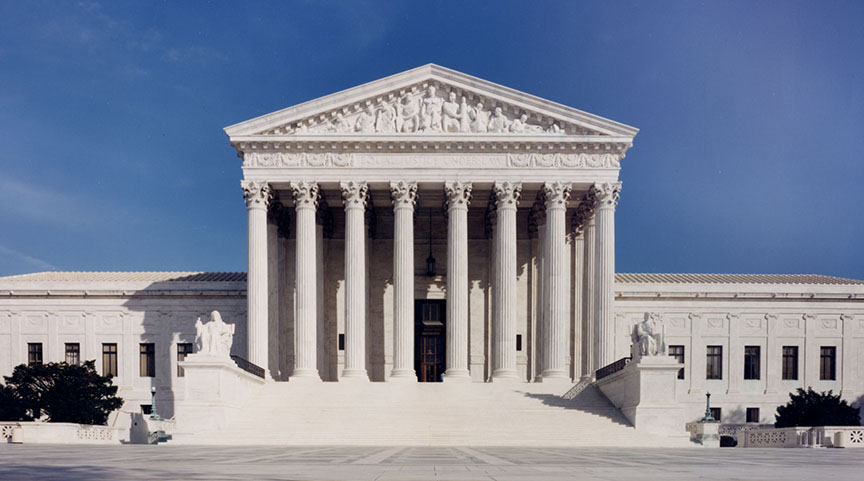A federal judge has sent shockwaves through the justice system by sentencing January 6 rioter Edward Kelley to life in prison for orchestrating a plot to assassinate federal agents involved in his investigation. This unprecedented ruling shines a spotlight on the extreme consequences of insurrectionist behavior and the ongoing struggle for accountability within our legal frameworks.
Kelley’s Rise to Infamy
Edward Kelley, 36, was previously convicted of multiple felonies and misdemeanors related to his violent participation in the January 6 Capitol riot, where he was among the first to breach the building. This act of violence was not an isolated incident but part of a larger movement fueled by misinformation and political extremism. Following his conviction, Kelley went further by compiling a "kill list" targeting federal employees, particularly those at the FBI"s Knoxville headquarters, while awaiting trial.
Conspiracy and Threats Against Federal Employees
Prosecutors presented damning evidence of Kelley’s conspiracy to murder federal agents, revealing his attempts to recruit others for violent actions against law enforcement. These included plans to use car bombs and drones to attack these individuals in their homes or public spaces. The chilling nature of his plot illustrates the dangerous intersection of political rancor and violent extremism that has permeated our society.
\n\n
Photos show protest at US Capitol as rioters storm building
The Disparity in Justice for January 6 Rioters
What’s particularly striking is the disparity in the treatment of January 6 rioters. While Kelley faces life in prison, others involved in the insurrection have not received similar consequences. Jared L. Wise, a former FBI agent who shouted for violence during the Capitol attack, has been rewarded with a position in the Department of Justice’s “weaponization” working group. This juxtaposition raises critical questions about the integrity of our justice system and who bears the brunt of its punishments.
Political Implications and Accountability
The ruling against Kelley should serve as a warning to those who might consider using political discontent as a justification for violence. As society grapples with the aftermath of the January 6 insurrection, it’s apparent that accountability is essential to restoring trust in our democratic institutions. The leniency shown to some rioters highlights a troubling pattern that threatens to undermine the rule of law.
\n\n
The Supreme Court Building - Supreme Court of the United States
The Broader Context of Violence and Extremism
Kelley’s case is part of a broader narrative of escalating political violence in the United States. According to reports, the FBI has noted a significant rise in threats against federal agents and election officials since the 2020 election. This trend underscores the urgent need for comprehensive reforms to address the root causes of political extremism and violence.
As we continue to witness the fallout from January 6, it becomes increasingly clear that the fight for justice and accountability in the face of political violence is far from over. The consequences of Kelley’s actions extend beyond his life sentence; they challenge our collective responsibility to ensure that such threats to democracy are met with unwavering resolve.


![[Video] Federal agents chase woman in Minneapolis during protest](/_next/image?url=%2Fapi%2Fimage%2Fthumbnails%2Fthumbnail-1768254086697-5gfcba-thumbnail.jpg&w=3840&q=75)




![[Video] Gunfire between Iraqi security forces and Sadr militias in Baghdad](/_next/image?url=%2Fapi%2Fimage%2Fthumbnails%2Fthumbnail-1768343508874-4redb-thumbnail.jpg&w=3840&q=75)
